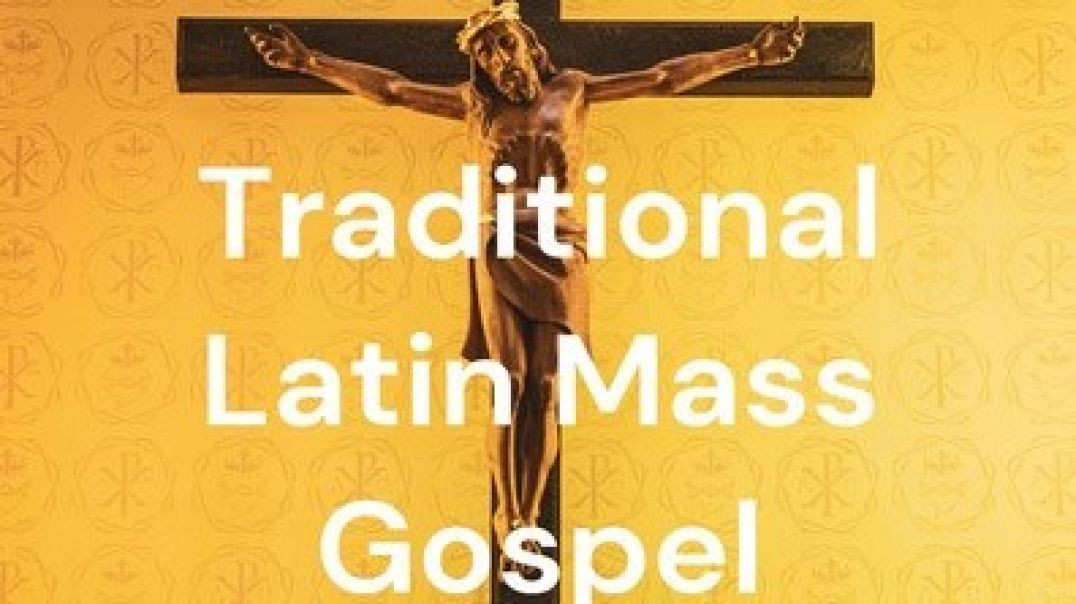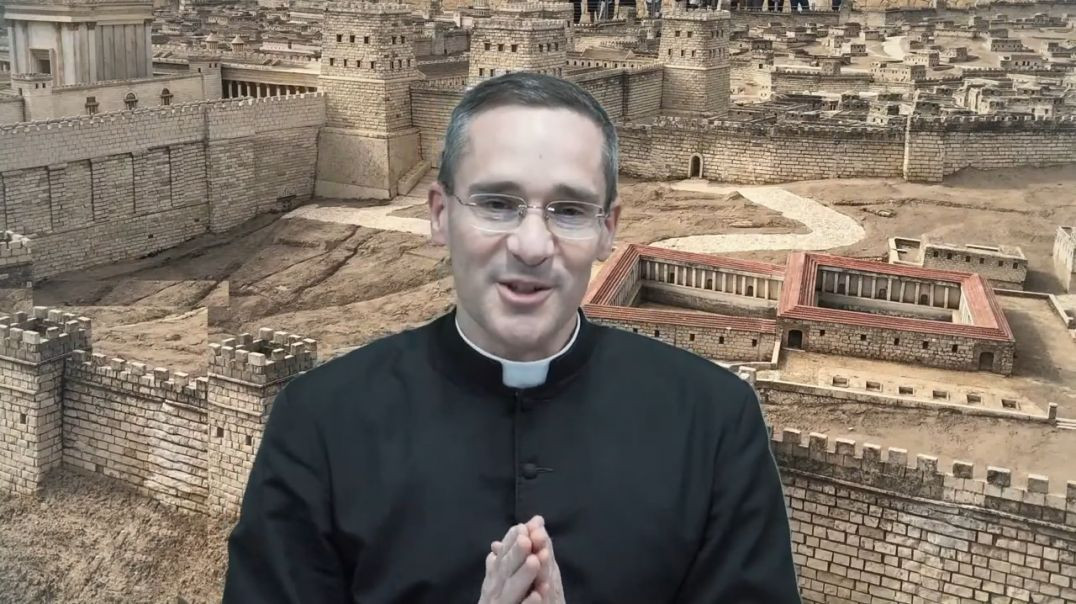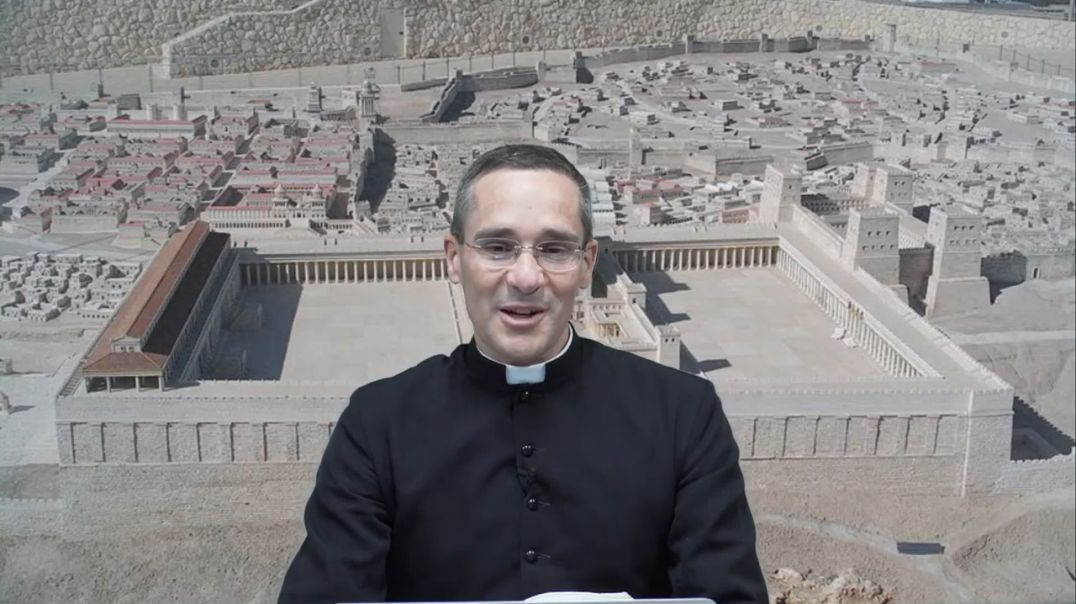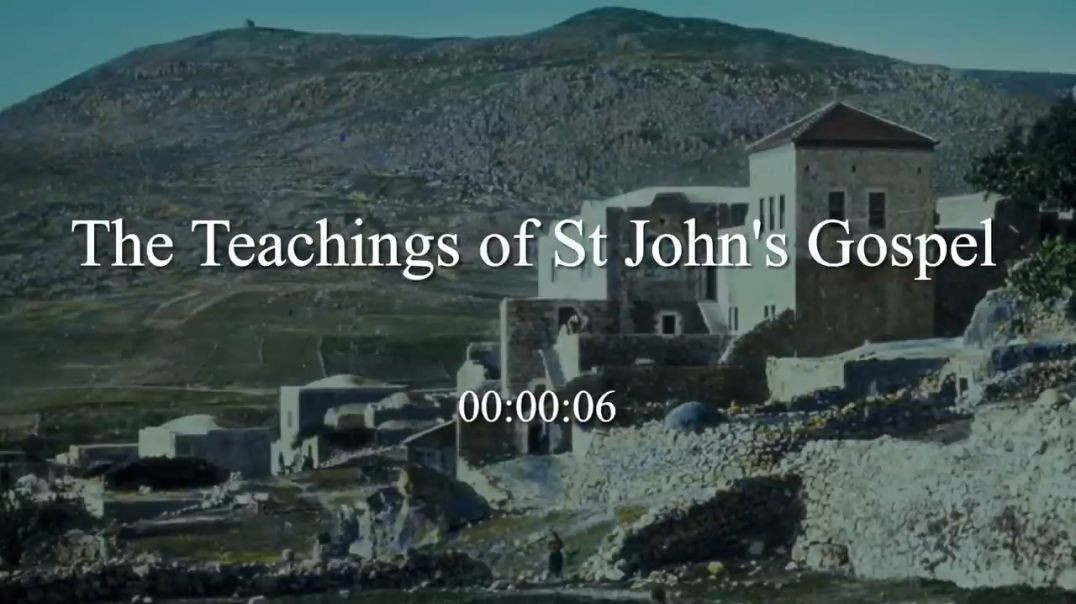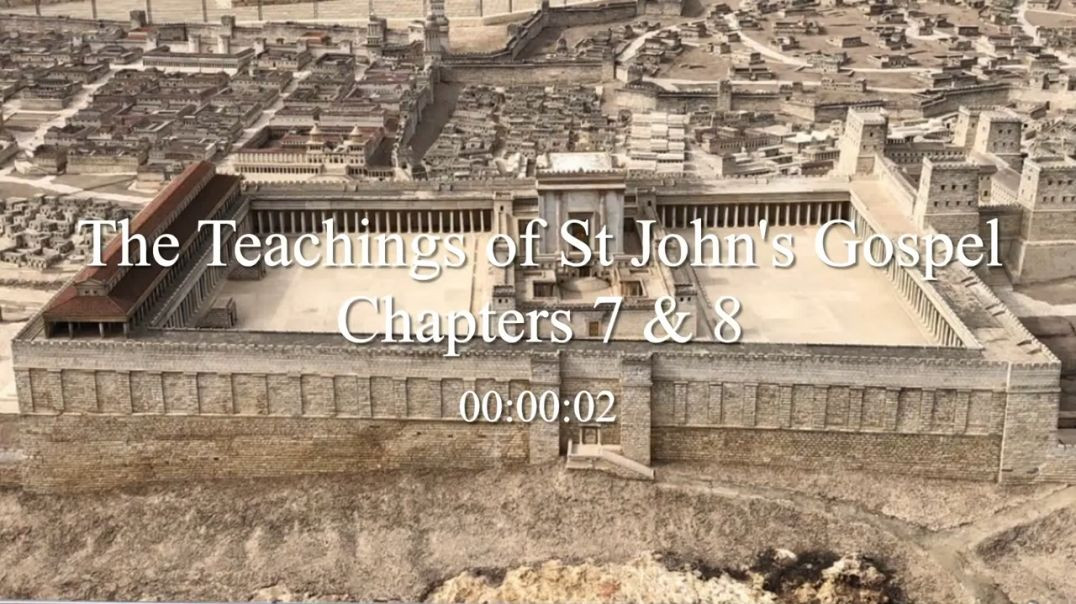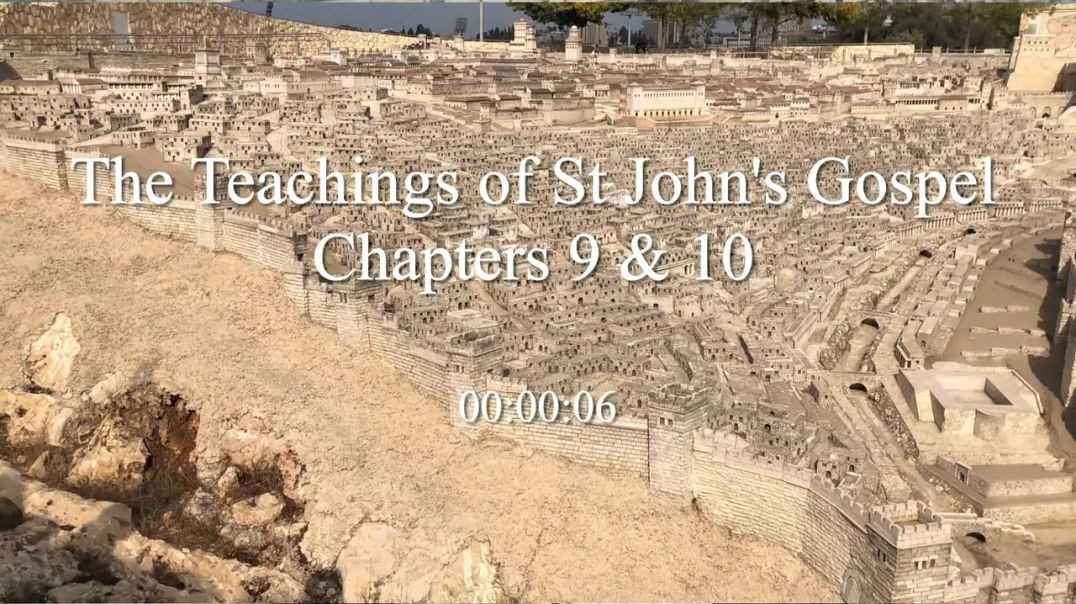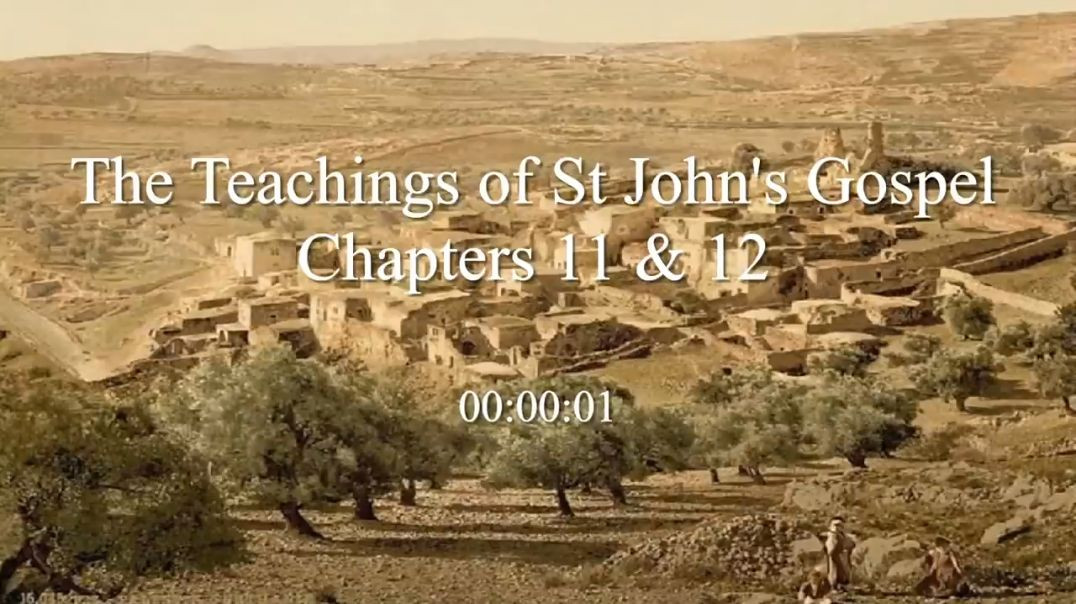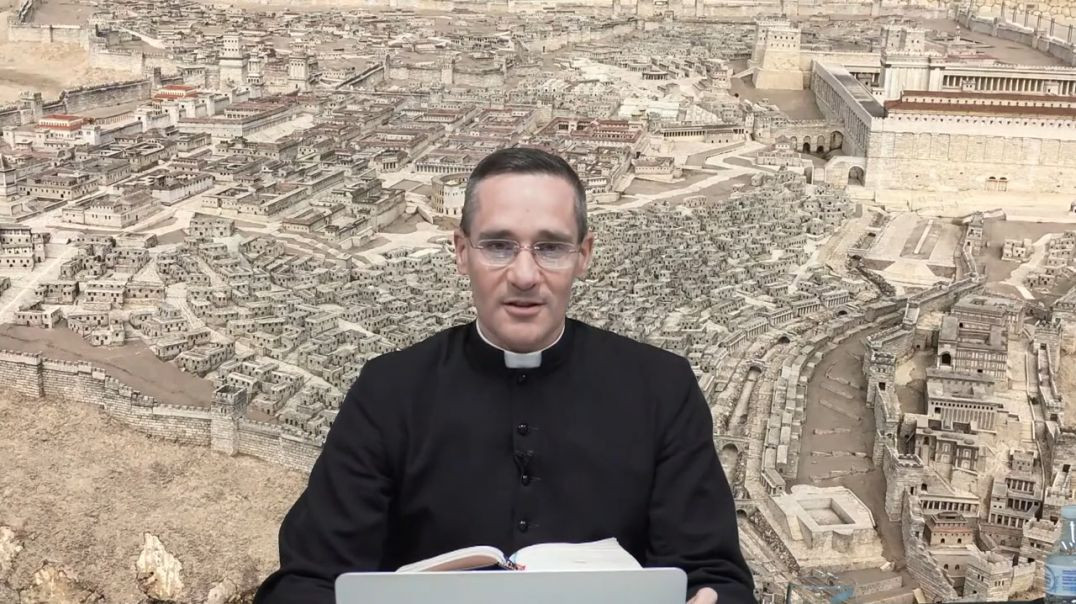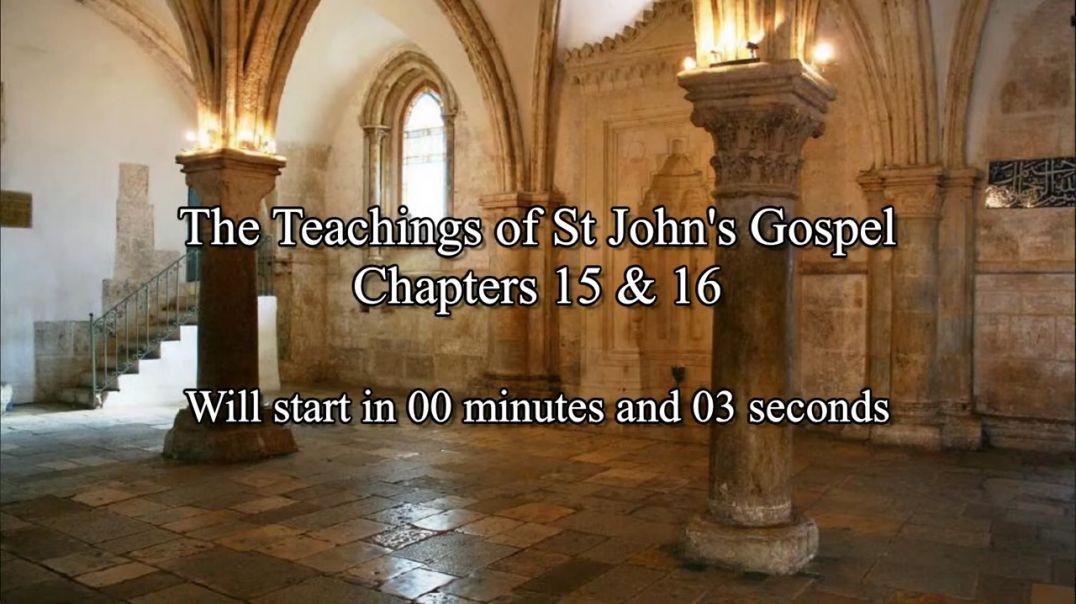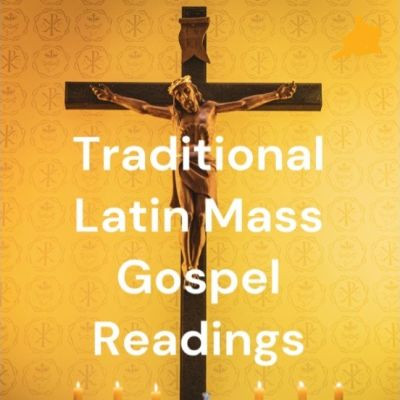Gospel_9_2_23
Sep 2, 2023. Gospel: Luke 19:12-26. St Stephen of Hungary. King and Confessor.
He said therefore: A certain nobleman went into a far country, to receive for himself a kingdom, and to return.
Dixit ergo : Homo quidam nobilis abiit in regionem longinquam accipere sibi regnum, et reverti.
13 And calling his ten servants, he gave them ten pounds, and said to them: Trade till I come.
Vocatis autem decem servis suis, dedit eis decem mnas, et ait ad illos : Negotiamini dum venio.
14 But his citizens hated him: and they sent an embassage after him, saying: We will not have this man to reign over us.
Cives autem ejus oderant eum : et miserunt legationem post illum, dicentes : Nolumus hunc regnare super nos.
15 And it came to pass, that he returned, having received the kingdom: and he commanded his servants to be called, to whom he had given the money, that he might know how much every man had gained by trading.
Et factum est ut rediret accepto regno : et jussit vocari servos, quibus dedit pecuniam, ut sciret quantum quisque negotiatus esset.
16 And the first came, saying: Lord, thy pound hath gained ten pounds.
Venit autem primus dicens : Domine, mna tua decem mnas acquisivit.
17 And he said to him: Well done, thou good servant, because thou hast been faithful in a little, thou shalt have power over ten cities.
Et ait illi : Euge bone serve, quia in modico fuisti fidelis, eris potestatem habens super decem civitates.
18 And the second came, saying: Lord, thy pound hath gained five pounds.
Et alter venit, dicens : Domine, mna tua fecit quinque mnas.
19 And he said to him: Be thou also over five cities.
Et huic ait : Et tu esto super quinque civitates.
20 And another came, saying: Lord, behold here is thy pound, which I have kept laid up in a napkin;
Et alter venit, dicens : Domine, ecce mna tua, quam habui repositam in sudario :
21 For I feared thee, because thou art an austere man: thou takest up what thou didst not lay down, and thou reapest that which thou didst not sow.
timui enim te, quia homo austerus es : tollis quod non posuisti, et metis quod non seminasti.
22 He saith to him: Out of thy own mouth I judge thee, thou wicked servant. Thou knewest that I was an austere man, taking up what I laid not down, and reaping that which I did not sow:
Dicit ei : De ore tuo te judico, serve nequam. Sciebas quod ego homo austerus sum, tollens quod non posui, et metens quod non seminavi :
23 And why then didst thou not give my money into the bank, that at my coming, I might have exacted it with usury?
et quare non dedisti pecuniam meam ad mensam, ut ego veniens cum usuris utique exegissem illam?
24 And he said to them that stood by: Take the pound away from him, and give it to him that hath ten pounds.
Et astantibus dixit : Auferte ab illo mnam, et date illi qui decem mnas habet.
25 And they said to him: Lord, he hath ten pounds.
Et dixerunt ei : Domine, habet decem mnas.
26 But I say to you, that to every one that hath shall be given, and he shall abound: and from him that hath not, even that which he hath, shall be taken from him.
Dico autem vobis, quia omni habenti dabitur, et abundabit : ab eo autem qui non habet, et quod habet auferetur ab eo.
A descendent of those proud and terrible invaders, the Huns, Stephen was chosen by God to win over his subjects to Christ and His vicar.
He was given the baptismal name of the first martyr Stephen when his mother had a dream that he would convert Hungary, whose first king he became when the Pope had raised the country into a kingdom. Having married the sister of Emperor St Henry, he surrounded himself, to govern his kingdom with men of tried holiness and prudence. He passed entire nights in contemplation of heavenly things, practiced great austerities, gave abundant alms to widows and churches.
He built a large basilica in honor of Mary, whom he proclaimed patroness of Hungary. He died in 1038 on the "Day of the Great Lady", as the feast of the Assumption was called by the Hungarians, in virtue of an edict of the holy king.

